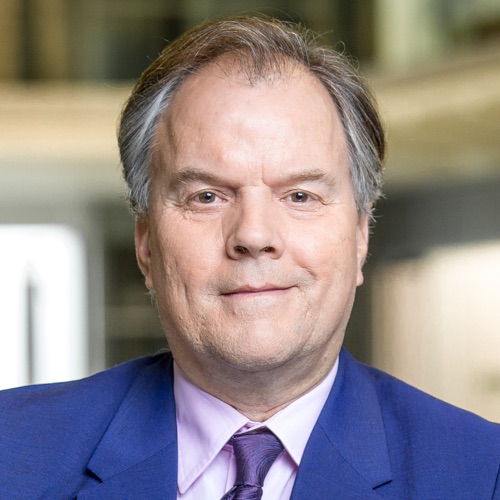In Spain the monarchy has to prove it’s worth the money
There was something rather touching about King Juan Carlos interrupting the lunchtime TV schedule with his special address, in which he explained to the Spanish public why he was abdicating.
His face, bloated by medication and his voice frail from ailment, he looked back on the “four decades we have spent together”, reminded his audience of “the transition from dictatorship to democracy, stability, peace and progress” which were his biggest achievements, and then commended his son Crown Prince Felipe as “mature, well prepared and replete with responsibility”.
It sounded like a dynastic sales pitch to a group of weary customers. The king looked as if keeping him on the throne would be an act of cruelty. His metamorphosis has been remarkable. Until as recently as 2012 King Juan Carlos himself enjoyed approval ratings of up to 90 per cent.
Yes, Juan Carlos had the reputation of being a Don Juan. His marital fidelity to Queen Sophia was notoriously dubious. But the nation easily forgave this good-looking action man of a monarch his indiscretions because he had proved the usefulness of the monarchy on two crucial occasions.
King Juan Carlos was that rarest of creatures: an elected monarch who ensured the country’s democracy at a time when this was hardly taken for granted. Juan Carlos had been plucked from royal exile and obscurity (he grew up in Rome) to be groomed for the throne by Franco the dictator. Franco was convinced that his ultra-conservative, oppressive vision for Spain was safe in the young royal’s hands.
He was wrong. Juan Carlos not only ushered in democracy but also ensured its post-natal survival after a botched coup attempt in February 1981, which saw Civil Guard officers storm parliament (see image below) and parts of the army preparing to declare martial law.
The young king stopped the coup in its tracks. Spain soldiered on to democracy, prosperity and stability. It was an historic achievement which paved the path for Spain’s future in the EU but it also laid the foundations for the country’s more recent economic demise and the king’s abdication.
Juan Carlos’s dramatic reversal of fortune came in 2012 at the height of the Spanish recession. First the king told reporters that he was losing sleep at night worrying about his unemployed countrymen and women. Weeks later it emerged that the loss of sleep was in fact caused by cavorting with a German princess on an elephant hunt in Botswana, which culminated in a fall that broke the king’s hip.
The combination of lavishness, indiscretion and obfuscation was toxic at a time when millions of Spaniards were facing bankruptcy, unemployment and destitution.
Worse was to come. The king’s daughter, the infanta Christina, became embroiled in a corruption scandal courtesy of her husband Inaki Urdagarin, a former handball star turned businessman on trial for embezzling millions in EU funds. By the beginning of this year two-thirds of Spaniards thought the King should abdicate and make way for his oldest son, Crown Prince Felipe.
Here Spain’s royalty is lucky. Felipe is popular and apparently clean. He looks and sounds like a competent successor to his father, and if he didn’t exist you would have to ask if the monarchy had a future in Spain. It’s a reminder that monarchy is a personnel-driven business, depending on the randomness of nature mitigated – one hopes – by the influence of nurture.
This is particularly important in Spain, where the monarchy has enjoyed less pomp, circumstance and adulation than in Britain. Even though the Spanish monarchy is cheap at £7m a year compared to the House of Windsor (£36m per annum), it also has to prove its usefulness.
It did so after Franco. It needs to do so again in 2014, as Spain’s political and social cohesion is being eroded by the searing financial crisis and prosperous Catalonia threatening to do a Scotland. Juan Carlos’s abdication was the only sensible move. Now his son has to prove that he is worth £7m of taxpayer money. Spain’s monarchy is a very utilitarian affair.
Follow @mattfrei on Twitter

